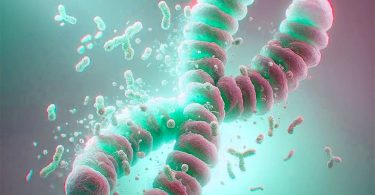A low carbohydrate diet inhibits glycation and provides better aging control than a low-fat diet.
Medical conventions on nutrition have been reversed over the past 40 years. It was once thought that fat consumption was the cause of cardiovascular disease and protein consumption was the cause of deterioration of kidney function. It was therefore recommended to minimize their consumption and to compensate for the lack of protein and energy with carbohydrate intake (1).
Since then, research on low-carbohydrate diets has increased and shows that a low-carbohydrate diet is effective in all parameters of metabolic syndrome, in many signs of aging as well as in certain diseases related to aging (1).
The quality of carbohydrates (favor foods with a low glycemic index), their order of ingestion (end up with carbohydrate during a meal) and the timing of ingestion, have also shown interest.
Advanced explanation: A low carbohydrate diet maintains and improves organ functions by inhibiting protein glycation.
© Age Breaker, update 12 2021
✅ [AGE BREAKER METABOLISM, patented nutritional supplement, based on rosmarinic acid, recognized by aging specialists around the world for its properties to reverse the effects of glycation.]
✅ [Glycation is one of the major causes of aging. Resulting from the fixation of sugars on the proteins constituting the organism, glycation generates toxic compounds that cause cellular aging. Glycation is particularly involved in metabolic disorders, skin aging and cognitive decline.]
More on www.agebreaker.com
#agebreaker #glycation
(1): S. Yamada. Consideration of adequate carbohydrate intake. Kitasato Institute, Hospital Diabetes Center, Tokyo, Japan. Glycative Stress Research March 2018.









